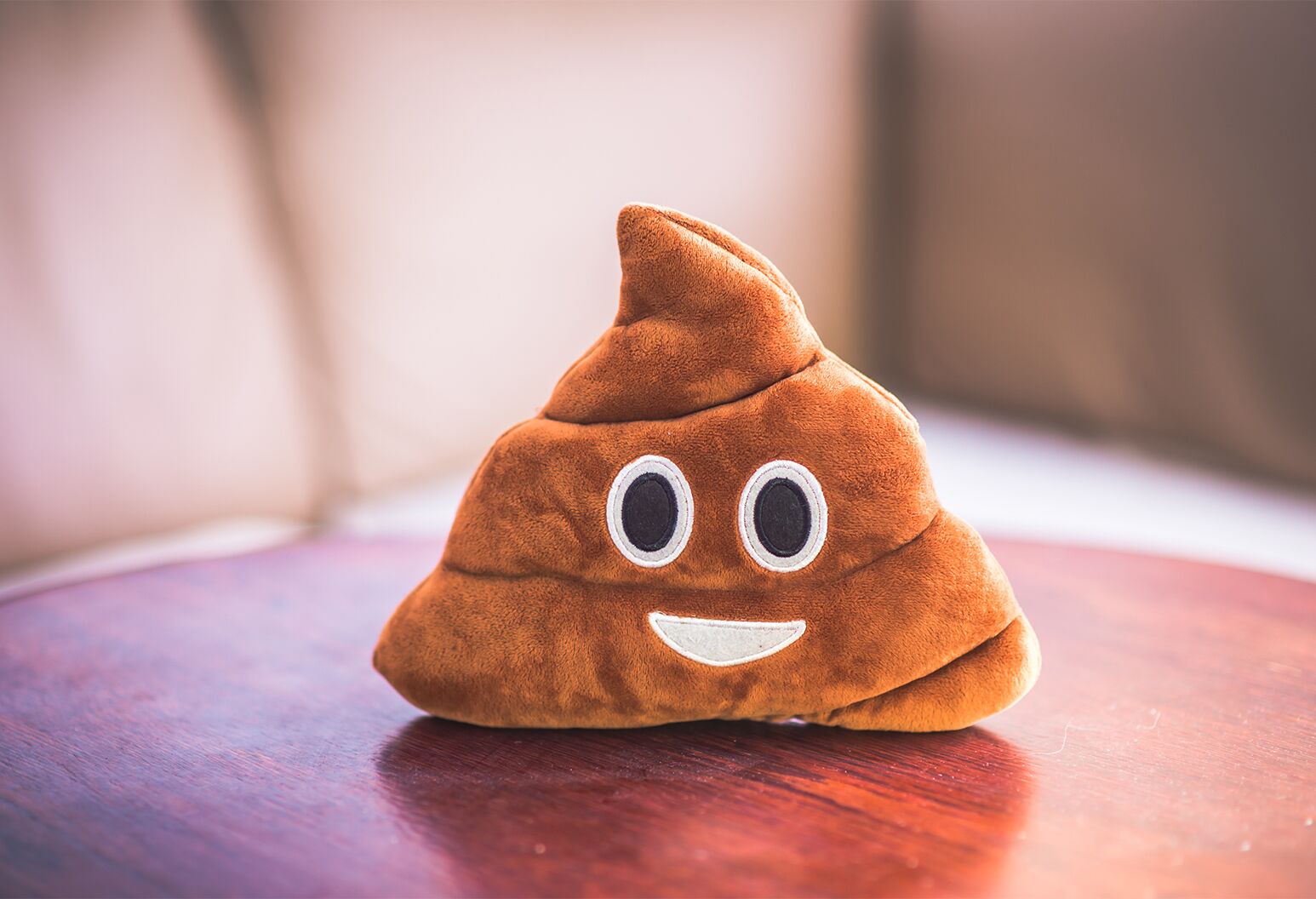digestive health
The No-Nonsense Guide To Norovirus

Everything you may—or may not—want to know about fecal transplants.
4 min read
When it comes to health topics with a high “ick factor,” fecal transplants are up there on the list—and for good reason. The idea that doctors collect stool from one person and transfer it into another person does sound bizarre and hard to believe.
But doctors who’ve seen their patients drastically improve after having fecal transplants—including Northwell Health infectious disease expert Bruce Hirsch, MD, and Northwell Health gastroenterologist Bethany DeVito, MD—have become true believers in the treatment. Below, the pair share their answers to some of the most commonly asked questions about fecal transplants:
A fecal transplant, also known as a fecal microbiota transplant (FMT), involves taking stool from a healthy donor and transferring it to the colon of a recipient whose gut is not healthy. “The idea behind fecal transplants has to do with the gut microbiome, which is the collection of bacteria and other microorganisms that live in your gastrointestinal tract,” says DeVito. A heathy gut has a balance of good and bad bacteria, but taking antibiotics can kill off the good bacteria and allow the bad bacteria to take over and cause problems, such as intestinal infections. “So the whole idea with fecal transplantation is to try to add back some of that normal healthy microbial flora so that there’s a healthier balance and your body can fight off infections,” she adds.
Currently, fecal transplants are allowed to be used for one indication, which is to treat patients who have recurrent Clostridium difficile (C. difficile) colitis. C. difficile is a dangerous bacterial infection that causes severe diarrhea and inflammation of the colon. “Fecal transplants are not the first-line therapy for patients with C. difficile,” says DeVito, “since there are other medications we can use, but if someone has failed conventional treatment with antibiotics or they’re having recurrent infections, then fecal transplants are the last resort.”
By providing your email address, you agree to receive email communication from The Well.
Hirsch, who ran a fecal transplant program at North Shore University Hospital’s infectious disease division, says the treatment is around 85% to 95% effective, and has been life-changing for patients with C. difficile colitis. “We’ve done about 150 cases or so and it has been remarkably successful,” says Hirsch. “The procedures were well tolerated, the patients didn't experience any serious side effects, and we were able to give meaningful relief to people who were condemned to having ongoing, awful, chronic diarrhea. We found that it works much better than anything else.”
When doctors first began doing fecal transplants roughly eight years ago, they would often find healthy donors by screening a patient’s family members. But in 2019, there were a number of cases of individuals getting infected from antibiotic-resistant bacteria from fecal transplants, which prompted the Food and Drug Administration (FDA) to require doctors to do additional screening tests for antibiotic-resistant bacteria. After these increased screening requirements were introduced, Hirsch explains that providers began using what’s called a stool bank to find suitable donors. Stool banks rigorously screen donated stool and supply it to doctors, but all of the additional screenings have increased the cost of donor stool, and not all of the costs are covered by insurance, and says Hirsch, their availability may vary.
There are a few different ways that doctors can deliver the donated stool to a patient’s colon. One way is by colonoscopy. “Just as with a regular colonoscopy, we insert a telescope in the rectum and then move that telescope through the colon until we get to the end, close to the small bowel,” says DeVito. “A catheter is then inserted through the scope, which enables us to push the stool through the catheter so that it gets sprayed into the full length of the patient’s colon.”
Another way to deliver a fecal transplant is by using an enema, but this method isn’t as effective as using colonoscopy because the enema only reaches the left side of the colon, explains DeVito.
One final method, Hirsch says, involves swallowing a capsule. In this method, he explains, a combination of capsules is used—one nested inside the other—in order to give the capsule protection from the upper GI tract and deliver it more in the colon.
Yes. “There’s research going on looking at using fecal transplants to treat inflammatory bowel disease, such as Crohn's colitis or ulcerative colitis, and there’s also some interest in studying it as a treatment for irritable bowel syndrome,” says DeVito.
And, says Hirsch, the benefits of having a healthy microbiome may extend beyond our GI tracts. “Studies show that our gut microbiome seems to be related to cardiovascular well-being, and there’s also research that suggests that having a healthy gut microbiome is helpful for brain health, too,” he says.
The Well is Northwell Health’s commitment to the future of health care. In this time of information overabundance, much of which is inaccurate, unhelpful, or even difficult to understand, Northwell Health is on a mission to make a difference as an honest, trusted, and caring partner. The site connects with consumers to provide them with personalized content that reduces their stress, makes them laugh, and ultimately feel more confident and capable on their healthcare journey.